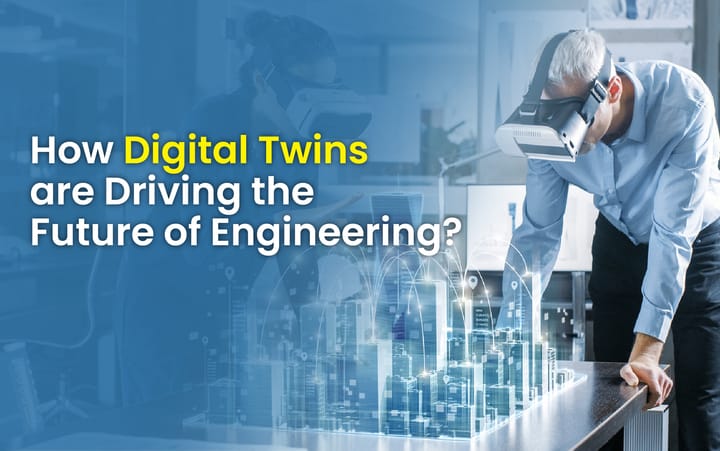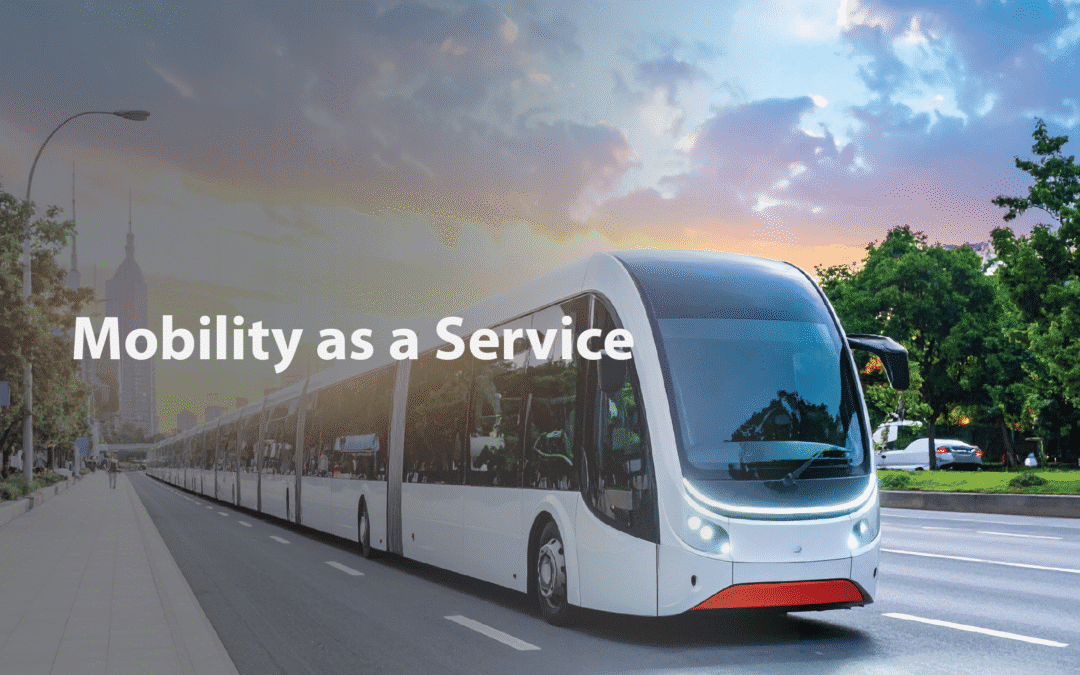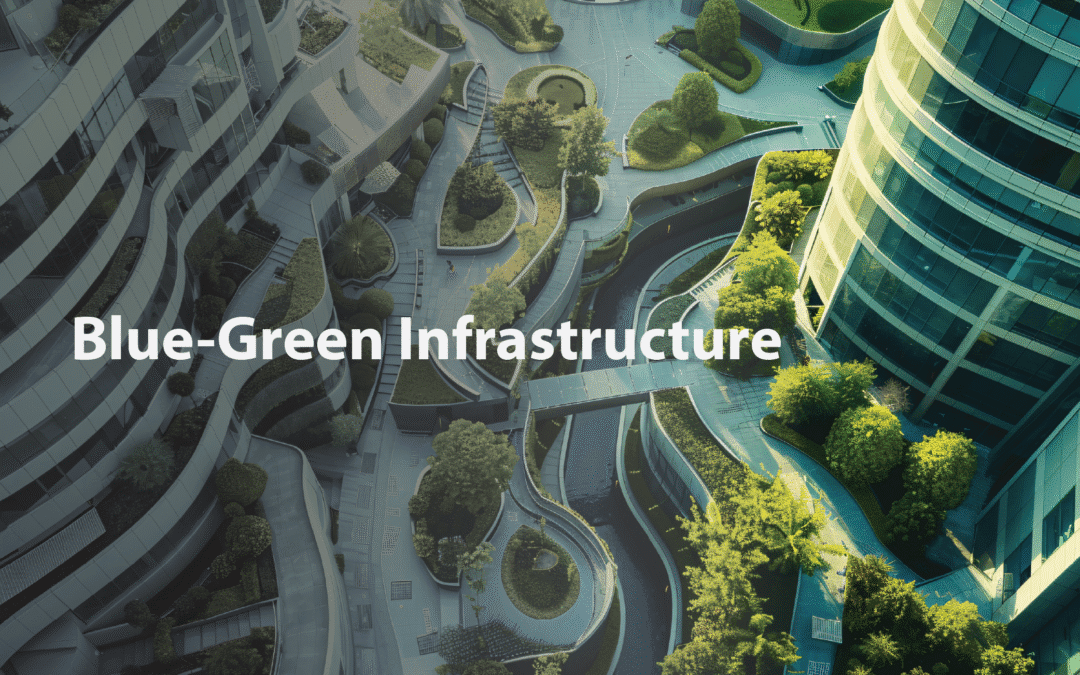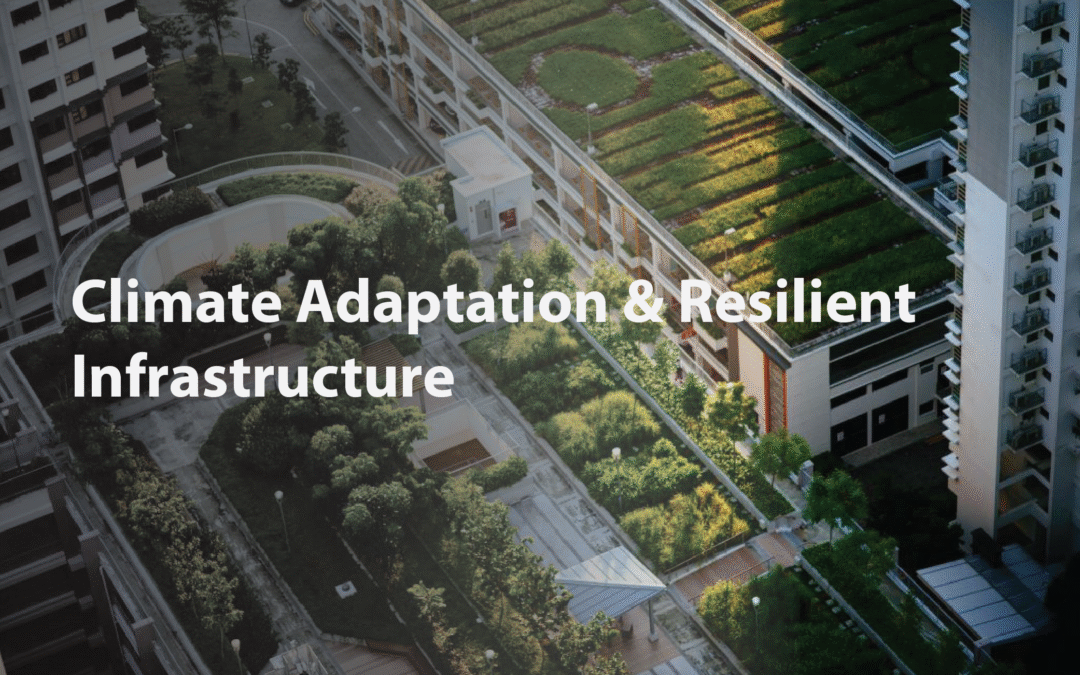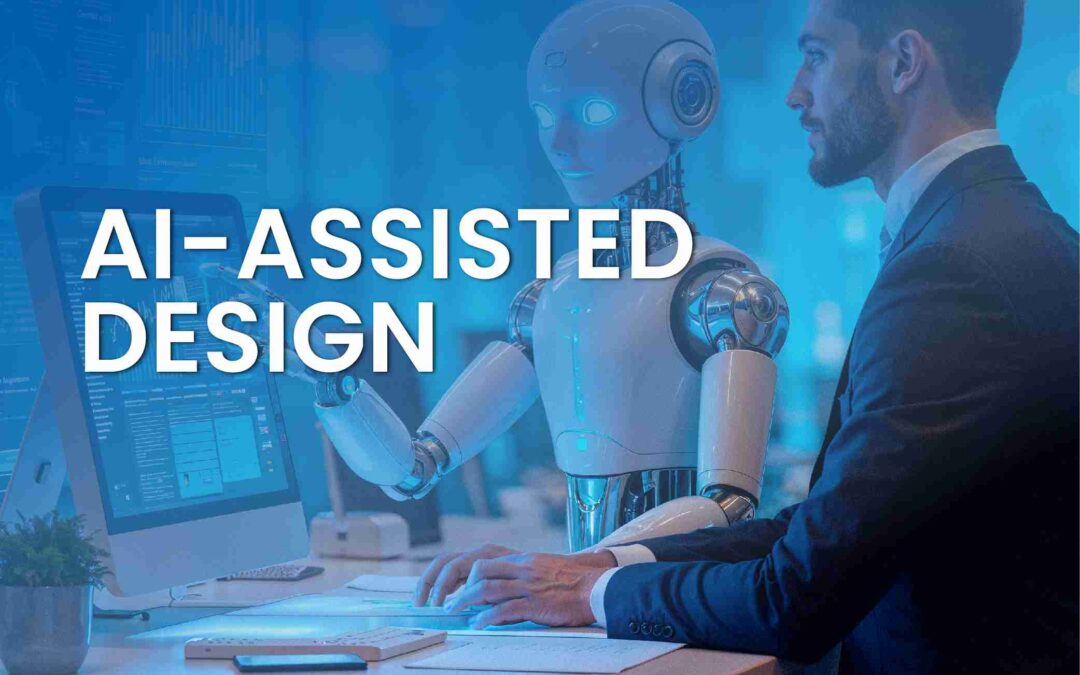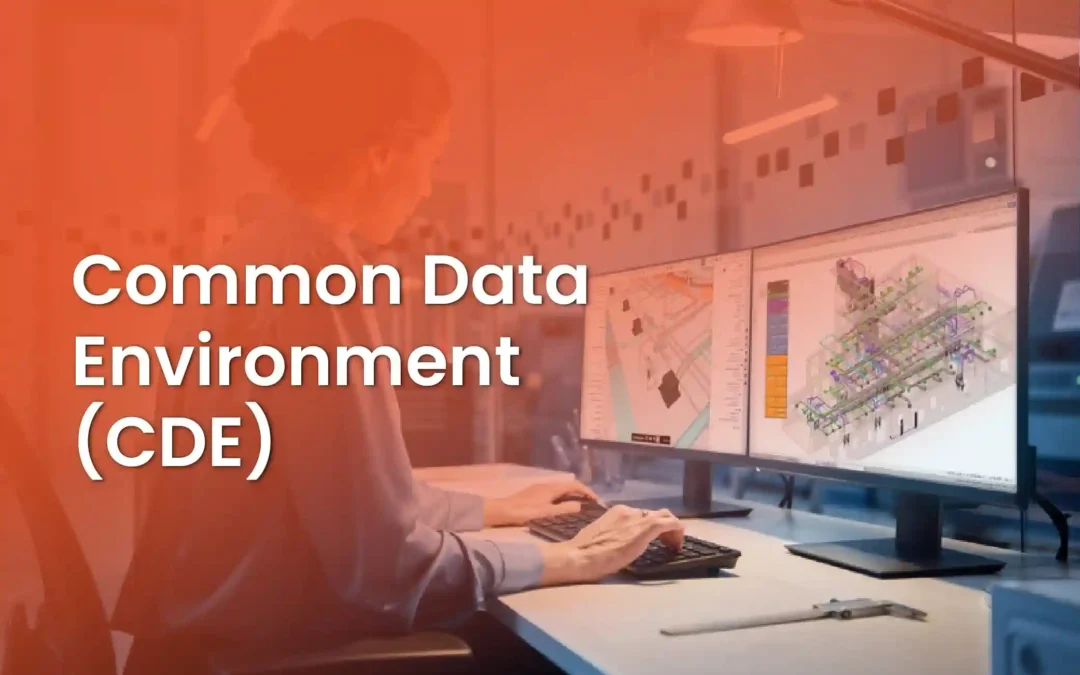What are Digital Twins?
A digital twin is an accurate representation of an object or system in the physical realm. It offers data-driven visualizations of physical systems by utilizing IOT sensors and analytics. In addition to static computer-aided design (CAD) models, digital twins provide engineers with virtual tools to effectively manage assets and resources, ultimately enhancing performance. Companies create this technology by connecting sensors to their products and equipment, allowing them to track systems and simulate their behavior.
They are not just a blueprint or schematic but a real-time simulation that combines system dynamics with executive controls. They serve as interactive simulations and administrative tools, overseeing facilities, systems, and machines and collecting data to enhance performance.
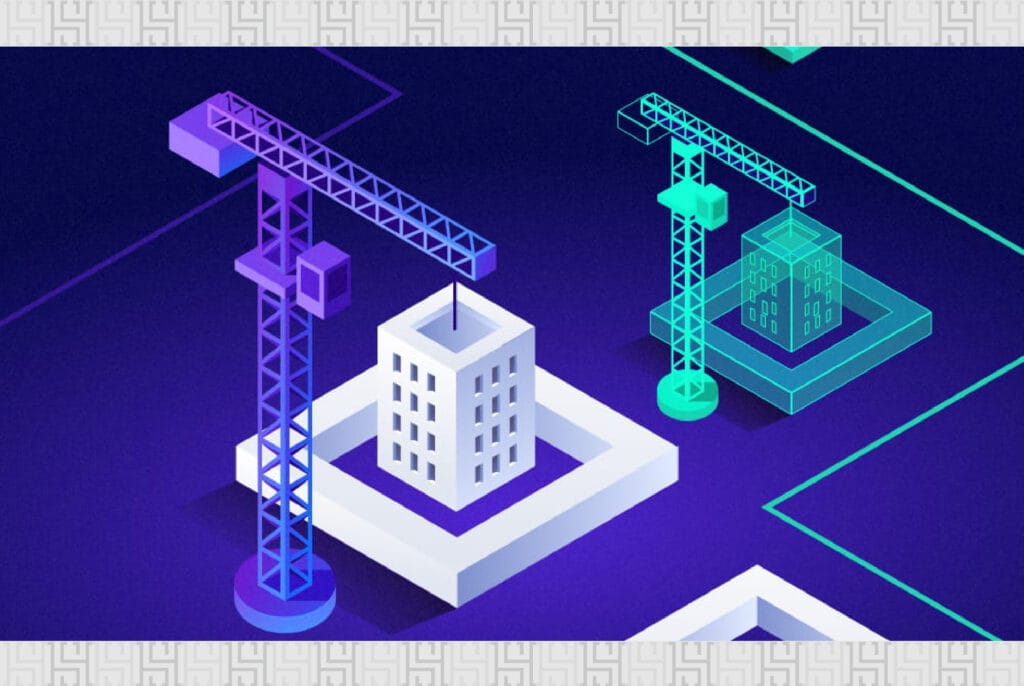
Types of Digital Twins
Virtual Twins
Virtual twins are the most basic form of digital twins, utilized to replicate a structure or asset. To construct a virtual twin, one must incorporate a layer of modeling onto a computer-aided design (CAD) model and mark specific regions of interest. Information gathered from these particular areas of interest is then utilized to enhance the digital twin.
Process Twins
This type is constructed on virtual twins to facilitate the digitalization of entire processes. Almost every engineering process and any chemical process, regardless of its scale, undergoes a digital mapping process using process twins before it is completed. Consequently, this type is the most advanced and has been utilized for the longest duration.
Structural Twins
Structural twins are a new technology. They are highly detailed, physics-based models that provide better outcomes compared to virtual and process twins.
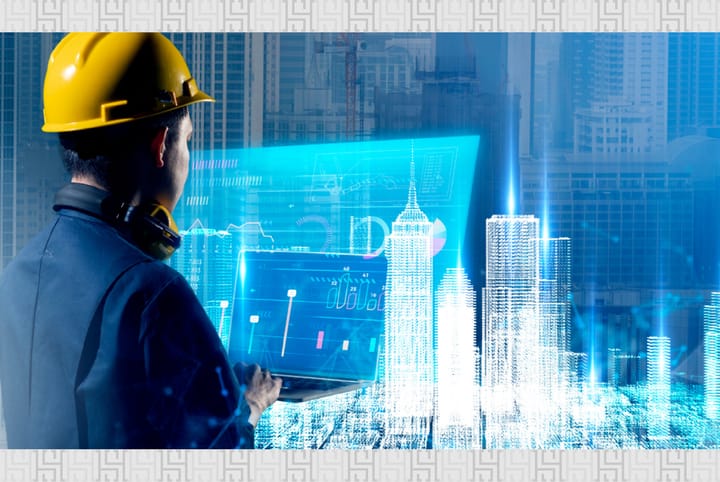
What are the Benefits of Digital Twins?
Improved Designs
Digital twins can help engineers improve engineering designs. Engineers can quickly explore numerous design possibilities without any risk and choose the best option to proceed with.
Improved Productivity
Asset operators can monitor the real-time performance of an asset using a digital twin, enabling them to make necessary adjustments as needed.
Asset Life Extension
Digital twins prolong the lifespan of physical assets by improving their design and operations. By utilizing this technology, operators can gain a comprehensive understanding of their assets’ conditions and implement predictive maintenance strategies to prolong their lifespan while ensuring safety.
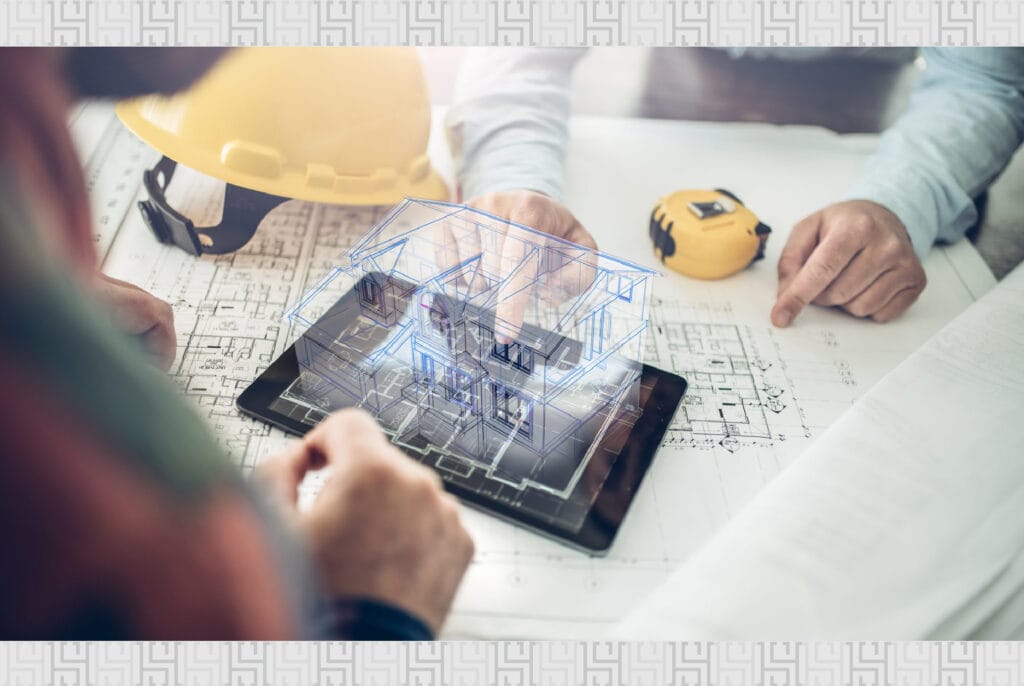
Which Industries are Deploying Digital Twins?
Power-Generation Equipment
Various types of engines, such as jet engines, locomotive engines, and power-generation turbines, greatly benefit from digital twins, particularly in terms of establishing maintenance schedules for regular upkeep.
Architecture and Its Components
Significant physical structures, such as towering buildings or offshore drilling platforms, can benefit from digital twins, especially during their initial design phase. Additionally, the knowledge of systems operating within those structures, such as heating, ventilation, and air conditioning (HVAC) systems, is also useful in designing them.
Manufacturing Operations
Because this technology is designed to replicate a product’s entire lifespan, it’s not surprising that it has become widespread in all stages of manufacturing, from the initial design phase to the final product and all the stages in between.
Healthcare Services
Just as products can be analyzed using a digital twin to offer good healthcare services for patients. The same data collection system used by sensors can be applied to monitor different health parameters and provide valuable insights.
Automotive Industry
Cars encompass various intricate systems, and this technology plays a crucial role in the design of automobiles, enhancing their performance and optimizing the production process.
Urban Planning
Civil engineers and urban planners greatly benefit from digital twins, which provide real-time 3D and 4D spatial data and can integrate augmented reality systems into existing structures.
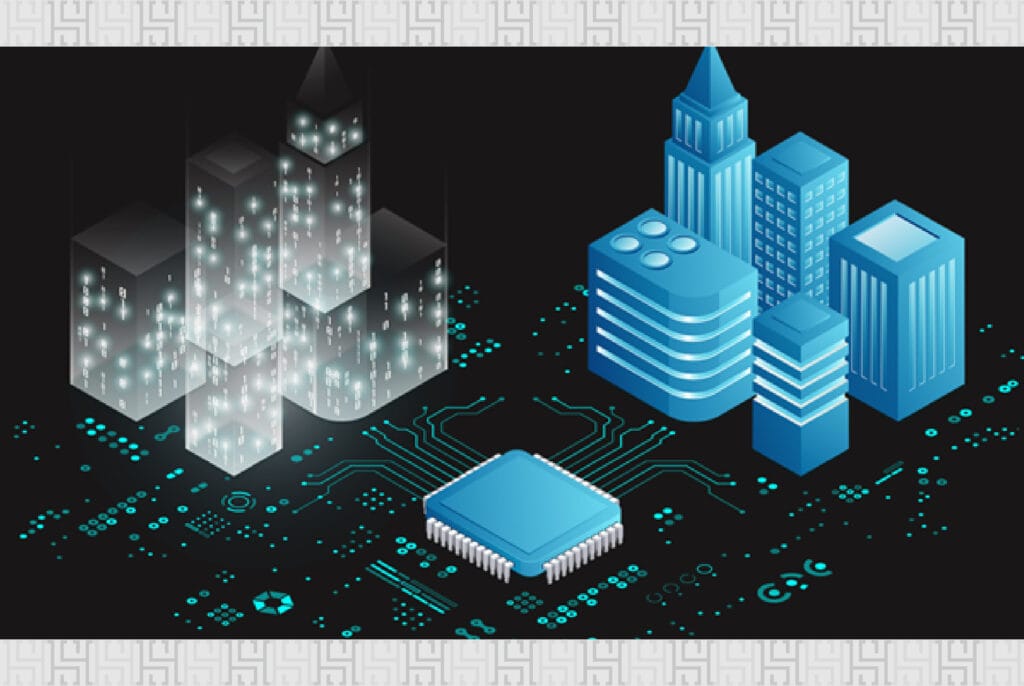
Digital twins are at the forefront of the technological revolution, bringing numerous benefits to society and the field of engineering. If you are interested in learning more about how this technology can help you reshape your industry, contact HS Group or Infra Construction at +967 2 237793/4/5 or info@hs-gp.com.

